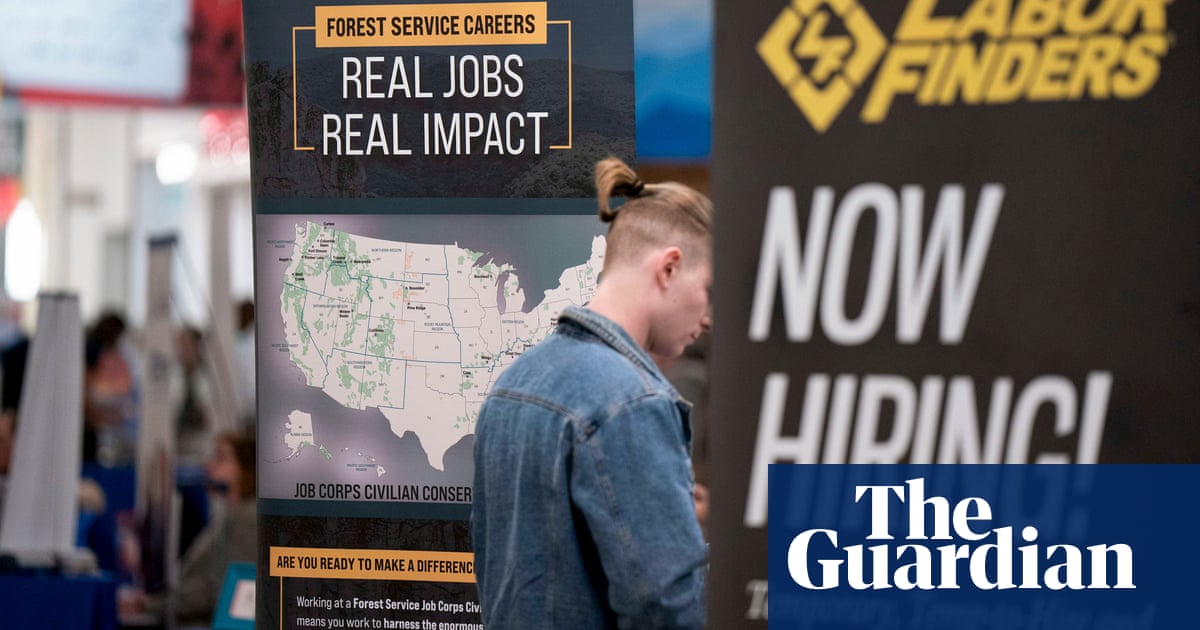Rick Parry has accused the Premier League of undervaluing the football pyramid, arguing that without the “variety and competition” that come from relegation and promotion the game would become “sterile”.
The EFL chair was speaking to the Guardian before legislation for an independent football regulator returns to parliament on Wednesday, potentially ending a four-year process of change. The EFL “embraces” stronger financial regulation, according to Parry, but he continues to argue it must come alongside greater financial redistribution from the Premier League, a goal not achieved despite years of negotiation and government pressure.
“The Premier League isn’t just the snapshot of the 20 clubs who were in it for the time being, it’s all of those who’ve made a contribution to its growth over the years and make it what it is,” Parry said. “If we all decide the pyramid doesn’t matter, let’s just stop promotion and relegation and then see how strong the Premier League is. I think without variety and competition at the bottom, if you have a sterile league, if, heaven forbid, we adopt the American system and we just have closed leagues, then how big would the outcry be?”
Parry has been an outspoken critic of the status quo since the Covid crisis prompted the Conservative government to launch a fan-led review into football governance in 2021. He said he had accepted that external regulation is necessary. “There’s so much that’s great about English football, the Premier League and the Championship, there are so many positives, but I don’t think the game can be relied on to focus on sorting sustainability and regulation because it hasn’t, it just hasn’t,” he said.
He believes the bill, which concentrates on ensuring financial stability in the men’s game, is about “preventing the shocks” that have disrupted the sport in recent years. “It’s about introducing more robust planning, proper financial controls, degrees of restraint,” he said. It may also, however, lead to some clubs becoming “less competitive” as they are required to live more within their means. “It’s not going to keep everybody happy,” he said, “but if it makes the game more resilient that will be a huge plus point.”
One area of the new bill of particular interest to Parry relates to parachute payments: the huge sums given to relegated clubs each season by the Premier League. In 2020, Parry told a parliamentary select committee that they were an “evil that must be eradicated” and they remain unreformed, but they have been brought into the scope of the regulator by the new Labour government.
The Premier League remains supportive of parachute payments, seeing them as a guarantee to clubs that they will not face their own cliff edge should they be relegated. Parry now says getting rid of them is not necessary, if the cliff edge in revenue between 20th in the Premier League and top of the Championship can be bridged.
Parachute payments have been only one impediment to reaching a deal on financial distribution, according to Parry. “This is one of the frustrations we had with [the former culture secretary] Lucy Fraser and the Conservatives saying: ‘Just go and do a deal.’ How do we do a deal? What have we got to sell? We can’t threaten to go and attach ourselves to the Bundesliga. It’s not a deal, it’s a recognition that there are obligations to the whole game and those obligations are clearly not being acknowledged or understood.”
after newsletter promotion
Although the bill will probably be subject to amendments by MPs, and a State of the Game review must be undertaken by the regulator before it begins its work, Parry believes the current spate of legal challenges faced by sporting bodies across the world has made the case for regulation more timely.
“One thing common in both the Manchester City case against the Premier League and the Super League case is that clearly the courts didn’t think the processes that were adopted stood the test,” Parry said. “Rushing through rules without proper analysis and economic analysis isn’t good regulation. That’s where the sporting authorities are being found wanting and it’s hard to imagine that’s just going to disappear.”

.png) 1 month ago
11
1 month ago
11













































